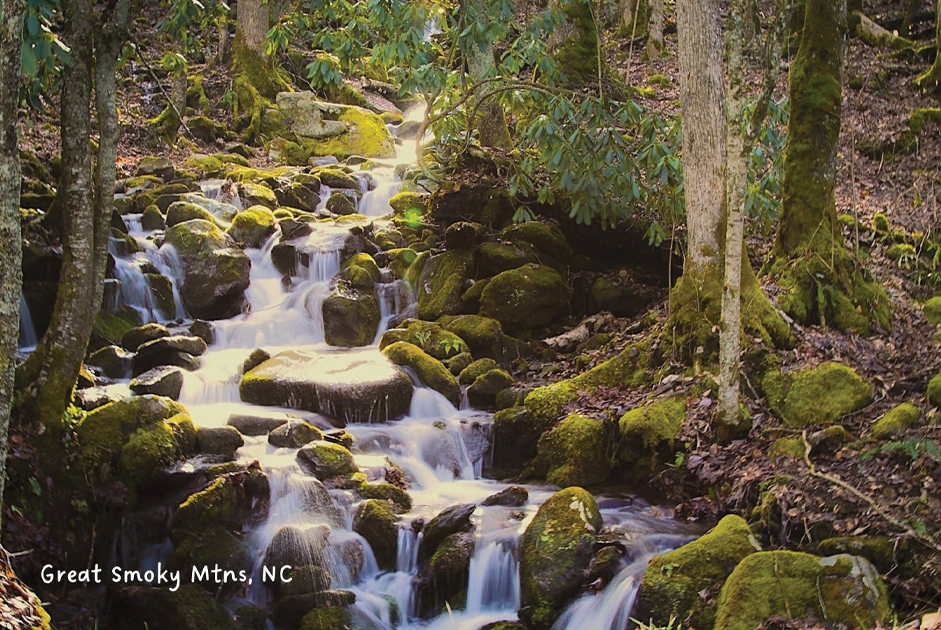This past year, we watched as yet another “once in a lifetime” tragedy occurred when Hurricane Helene tore through Florida’s Big Bend region as a massive Category 4 hurricane, becoming the deadliest mainland hurricane since Katrina in 2005 and made its way to our state’s backyard. The mountains of Western North Carolina had already been bombarded with rain in the days before Helene hit. Upon its arrival, more than 30 inches of rain fell on this region, overpowering rivers, streams and other tributaries as well as some dams causing massive mudslides and incredible flooding of roads, bridges and communities.
What made this so unique was how the rescue and relief efforts were excessively challenged by the geographical topography of the storm’s path. Unlike the southeastern coastal communities which tend to be mostly flat, Western North Carolina, or the High Country, as it’s called, isn’t. In addition, many of its inhabitants live separated by dense forests and rugged landscape. Typically, this is seen as a major benefit of the beautiful and serene mountain lifestyle. Not so much so in a hurricane. Checking homes, businesses and cars became even more difficult. Because approximately 200 roads were closed for safety concerns (landslides, downed power lines, washed-out roads, etc.), getting supplies and relief in some rural areas seemed nearly impossible. The storm’s enormous impact went well beyond the material and property damage. The mental strain it placed on the residents of the towns and communities had the potential to become unbearable if mishandled. It was at this moment, however, that a sense of empathy and unity with our brethren took hold of communities large and small across our state. This includes our generous and caring citizens and our government’s assistance with military search and rescue teams and relief measures designed for such large-scale catastrophes.
“There are no greater treasures than the highest human qualities such as compassion, courage and hope. Not even a tragic accident or disaster can destroy such treasures of the heart.”
~ Daisaku Ikeda
In the weeks and months that followed, the news reported on numerous donation drives across the state, providing valuable food, water and other essentials. Search and assistance teams from across the country came in to help. As I watched videos of the devastation and listened to first-hand accounts, I could hear and see the relief helicopters and military aircraft flying overhead. Where the utility workers, law enforcement, some 1,500 military troops, 6,100 National Guardsmen, 7,000 Federal personnel, Army Corps of Engineers, the Red Cross, FEMA, state officials and other organizations couldn’t reach soon enough, the communities reached out to each other to survive and rebuild. I’m sure there were mistakes along the way, but, from what I could see, this was a full-scale effort to save our cherished piece of Appalachia – its people, its culture and its lifestyle – from ruins.
This was no small-scale event; it was massive and nearly unprecedented, and the terrain presented very unique questions for first responders, volunteers and more. You didn’t have to be from the High Country to feel their pain. Those that had visited these areas in the past or planned to visit felt a sense of loss as well. It was a communal shock when it happened and a unified effort in the ongoing post-storm cleanup and rescue.
In America, the world respects that in times of tragedy and devastation, we unite in our will to help those affected. Our generosity and compassion in times of trouble can change lives and provide much-needed hope to those in despair. Seeing supply trucks pull in, gasoline rigs arriving by police escort into stations and helicopters dropping necessary food and water into areas cut off by entry by any other means, had to help in some way the mental duress our neighbors were experiencing. As in the words of Fyodor Dostoevsky, “The darker the night, the brighter the stars.”
Understanding the lows that life throws at us on occasion, we should remember the Appalachian Spirit that developed and still exists for the people and the culture of Western North Carolina in their time of need and “make this moment last.” The essence of community, compassion, empathy and genuine concern for how life can tear down something so beautiful and pristine, but, working together, it can come back stronger. From the thorns of destruction emerges the rose.
Hanging on the wall inside one survivor’s home were the words of Ralph Waldo Emerson, “For each new morning with its light, for rest and shelter of the night, for health and food, for love and friends, for everything that goodness sends.” I sense these thankful words adopt a whole new meaning now.
As we enter this new year with hope and enthusiasm, let us say a silent prayer for our neighbors who continue to rebuild the communities we all know and love. May they know, as in the words of Helen Keller, “I am thankful that in a troubled world, no calamity can prevent the return of spring.”
Musical Selection: Hollow Coves – Moments (Gold Coast Acoustic Session)
To comment and see more, visit theviewfrommysection.com.



















